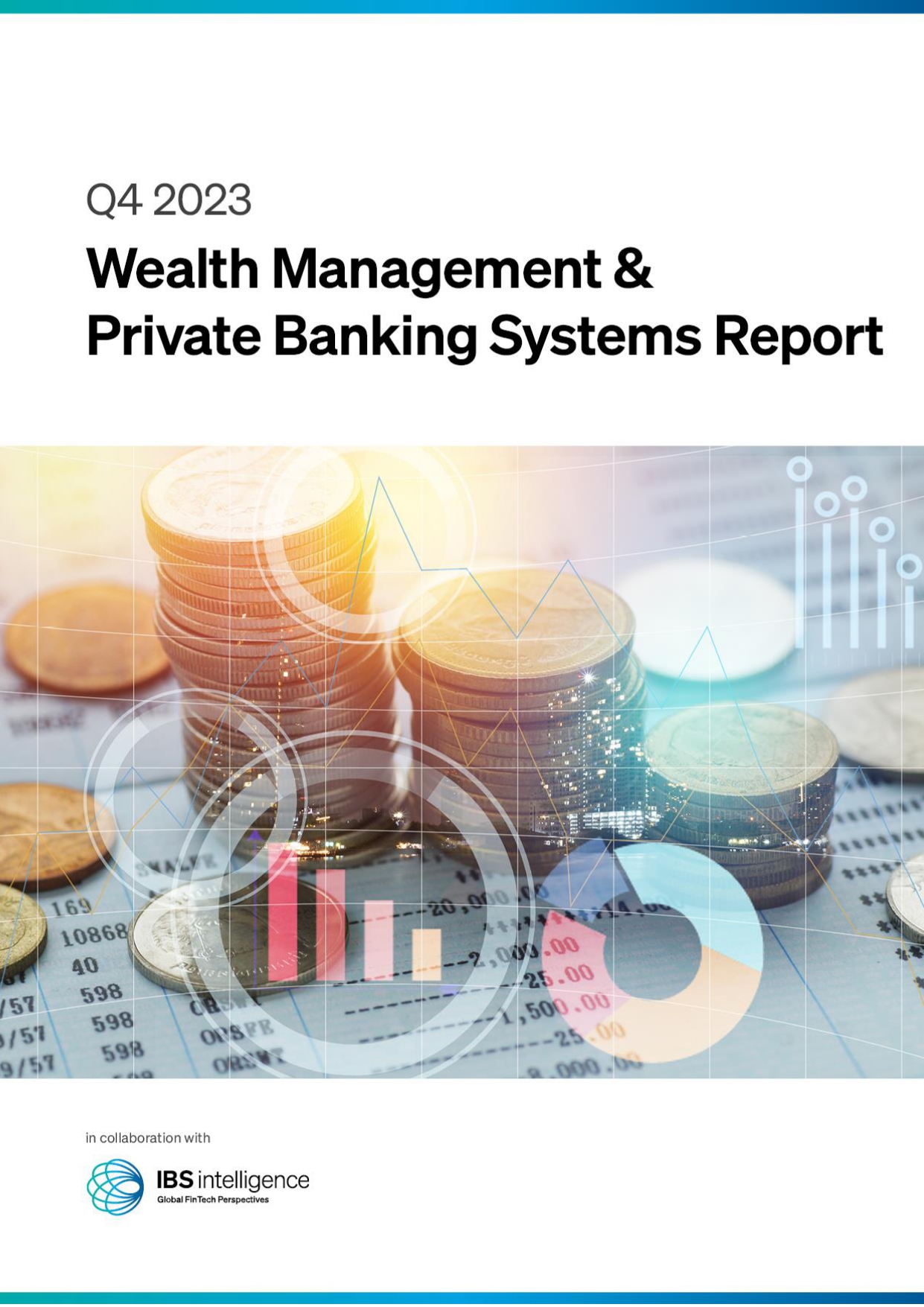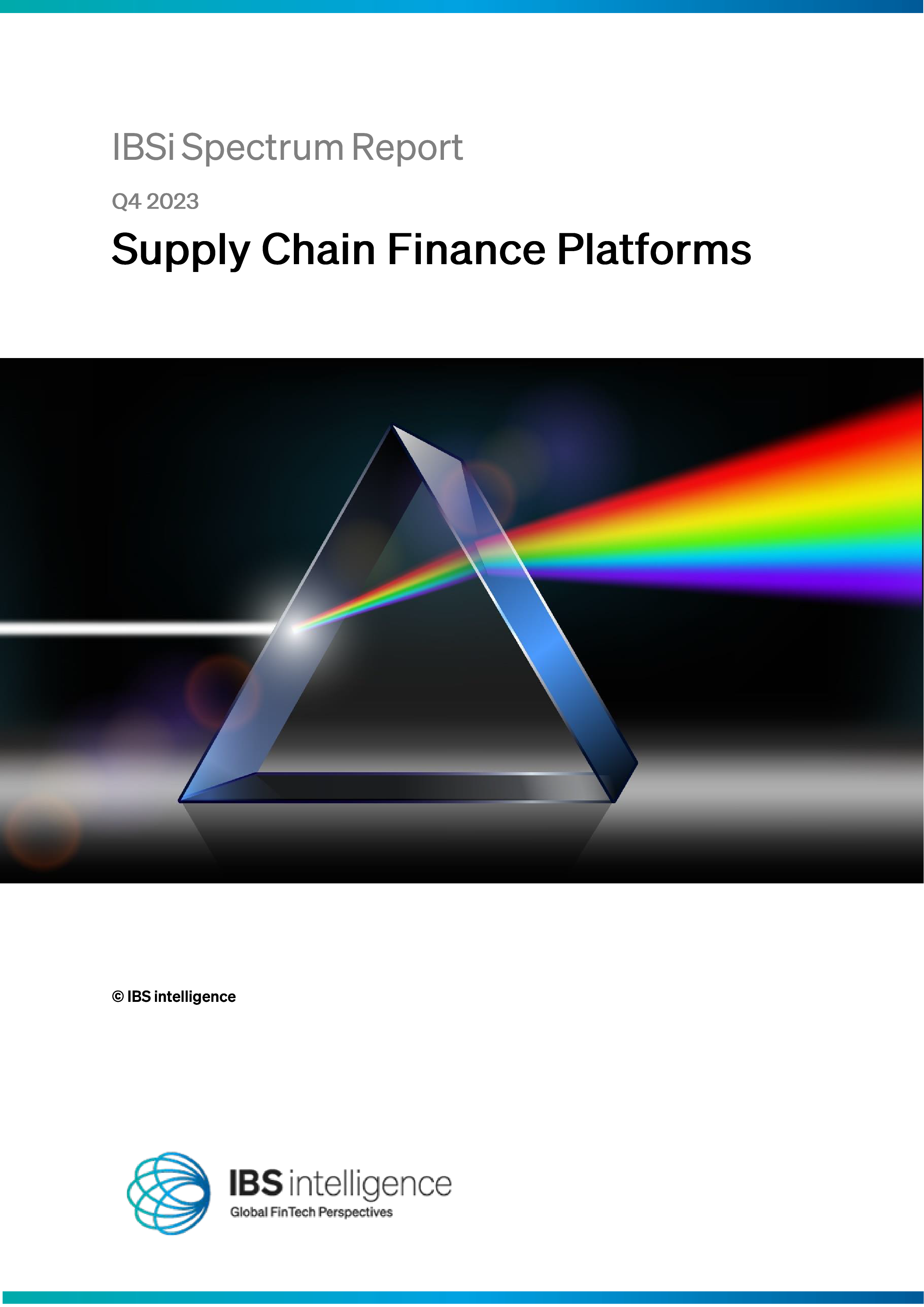Surviving and Thriving: How Indian FinTech start-ups can insulate against funding winter

A funding winter is a period of reduced venture capital funding during which investors become cautious and risk-averse, resulting in a lack of funds for new businesses. The global economic meltdown has had some knock-off effect on the Indian FinTech industry as well. But the rate of adoption of Indian FinTech is still rising and shining. As per the Economic Survey 2022-23, Indian FinTech companies witnessed a staggering adoption rate of 87% across various sects of users including the underserved and those who belong to the bottom most stratum.
By Rahul Tandon, Chief Product Officer, Safexpay
This beats the global average by 23%. With over 2100+ FinTech companies, India is the third-largest FinTech ecosystem in the world. Despite the challenges, Indian FinTech start-ups attracted investments worth $1.2 billion in Q1 2023, a sharp jump of 126% compared with $523 million raised in Q4 of 2022, according to a report compiled by market intelligence platform Tracxn.
However, the total funds raised were 55% lower than $2.6 billion raised in Q1 2022. The number of funding rounds in Q1 2023 also experienced a drop of 77% and 39% against Q4 2022 and Q1 2022, respectively. The ecosystem has remained resilient, promoting innovation, improving operational efficiency, and prioritising regulatory compliance to succeed.
FinTechs Modifying Business Model
In the Indian financial services industry, partnerships have played a vital role in sustaining operations and generating cash flow. To adapt, businesses have adjusted their models, forming alliances and collaborations. FinTech companies often collaborate with banks, NBFCs, and insurance firms, leveraging their customer base and accessing resources. Such collaborations enable them to expand their offerings, such as digital lending platforms and payment solutions. FinTechs have also taken steps to conserve cash by scaling back on activities like marketing, prioritising cost-effective approaches. By aligning expenses with revenue streams, start-ups aim for sustainable growth and attracting investor interest.
Innovation is not only in products and services but also in business models. The reason being that entrepreneurs often get funding in a 12-18 month period, those who have not secured consecutive rounds of funding may have a limited runway. As a result, it is critical for FinTechs to run a business, which is sustainable and open to adaptation. Overspending on client acquisition and other unnecessary areas could be fatal for the growth and sustenance of the business. Focus should be on improving unit economics and being conservative with the initial funding. Start-ups, especially in FinTech, can boost their prospects of long-term success by implementing these actions.
Fostering Innovation
Innovation has been a driving force for Indian FinTech start-ups to attract investors and differentiate themselves in a highly competitive landscape. These start-ups have embraced cutting-edge technologies and developed innovative solutions to address the evolving needs of consumers. For instance, they have leveraged artificial intelligence, machine learning, and blockchain to create secure and efficient financial services platforms.
Government support has played a crucial role in fostering a culture of innovation and securing funding during challenging times. The Indian government has introduced initiatives like the “Digital India” campaign and the “Start-up India” program, which provide support and incentives for FinTech start-ups. Such government initiatives have encouraged entrepreneurs to develop innovative solutions, attract investors, and contribute to the growth of the FinTech ecosystem. Furthermore, ongoing innovations such as differentiated banking and insurance licenses, the introduction of Central Bank Digital Currency (CBDC), the implementation of Account Aggregator, the emergence of the Open Credit Enablement Network (OCEN), the integration of Digilocker, and the establishment of the Open Network for Digital Commerce (ONDC) are fuelling continuous progress in the sector.
Enhancing Operational Efficiency
Indian FinTech startups recognise the importance of optimising their operations to save money and exhibit profitability potential. Leveraging technology to increase operational efficiency is a key strategy for fintech companies. By automating manual processes, implementing artificial intelligence and machine learning algorithms, and utilizing big data analytics, FinTech firms can streamline their operations and reduce costs. For example, digital on boarding processes can significantly reduce the time it takes to open an account or process a money transfer. Additionally, chatbots can provide customer service around the clock, freeing up staff time for more complex tasks. These innovations not only lower operational expenses but also improve consumer experience, attracting a wider user base.
Credibility and Regulatory Compliance
FinTech and payment companies in India face a complex and evolving regulatory environment. Compliance requirements include obtaining licenses, adhering to data protection rules, complying with AML and KYC regulations, ensuring secure technology infrastructure, maintaining accurate records, submitting reports to regulators, and undergoing audits.
For FinTech start-ups to receive finance, trust and regulatory compliance are critical. They realise the need of preserving clients’ data, employing effective security measures, and adhering to relevant regulations. With data breaches and privacy concerns on the rise, start-ups have prioritised data security measure while maintaining transparency and responsibility in their operations.
Furthermore, forging solid alliances with banks, financial institutions, and regulatory agencies boosts the legitimacy of the whole ecosystem. Collaborative efforts to build regulatory frameworks, encourage responsible lending practises, and defend consumer interests foster a trust and confidence ecosystem.
The future of regulatory compliance in Indian FinTech and payments looks promising with the government’s push towards digitisation and financial inclusion. The apex bank has been working towards creating a more robust regulatory framework to ensure that the growing FinTech industry remains compliant with regulations. One of the key initiatives taken by RBI is the creation of a regulatory sandbox, which allows FinTech companies to test their products in a controlled environment before launching them in the market.
Way forward
The future of Indian FinTech industry is in position for growth and resilience, overcoming the challenges posed by the funding winter. To attract investor interest, FinTech companies should adapt their business models, forge strategic partnerships, and prioritise sustainable growth. Innovation will remain a crucial factor in setting them apart from competitors, with a focus on building scalable and profitable enterprises while optimising operational efficiency through technology integration.
Upholding credibility and regulatory compliance become paramount, encompassing data security, transparency, and responsible practices. By collaborating with banks, financial institutions, and regulatory bodies, FinTech firms can foster a reliable ecosystem. With government support and regulatory initiatives, the future looks promising for the Indian FinTech and payments industry, as it continues to drive financial inclusion and digital transformation across the nation.
IBSi News
- Daily insightful Financial Technology news analysis
- Weekly snapshots of industry deals, events & insights
- Weekly global FinTech case study
- Chart of the Week curated by IBSi’s Research Team
- Monthly issues of the iconic IBSi FinTech Journal
- Exclusive invitation to a flagship IBSi on-ground event of your choice
IBSi FinTech Journal

- Most trusted FinTech journal since 1991
- Digital monthly issue
- 60+ pages of research, analysis, interviews, opinions, and rankings
- Global coverage
Other Related Blogs
December 19, 2023
Digital Disruption: How FinTechs Are Outpacing Traditional Banks in Trade Finance
Read MoreRelated Reports

Sales League Table Report 2023
Know More
Global Digital Banking Vendor & Landscape Report Q4 2023
Know More
Wealth Management & Private Banking Systems Report Q4 2023
Know More
IBSi Spectrum Report: Supply Chain Finance Platforms Q4 2023
Know More

